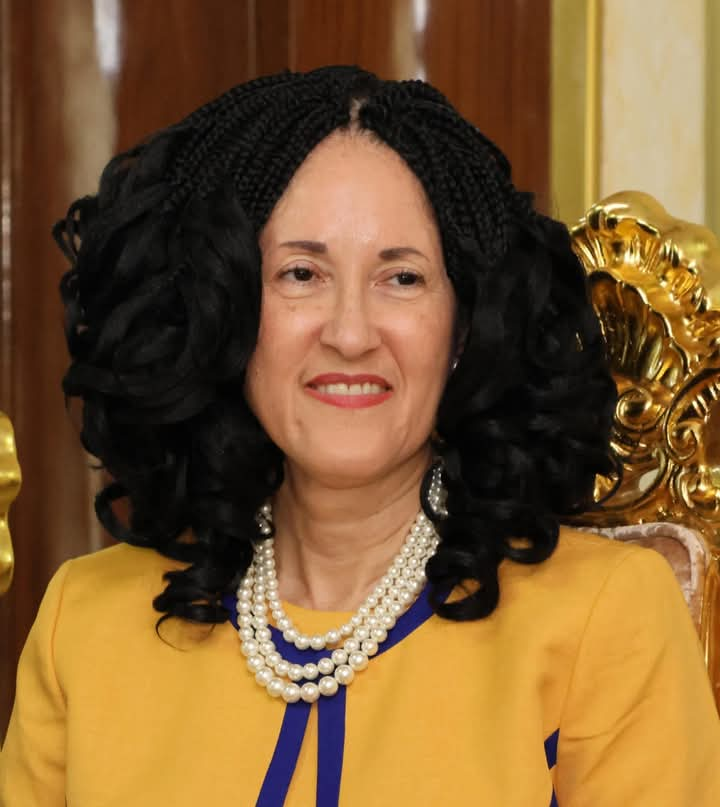Dr. Layli Maparyan, the newly appointed 16th President of the University of Liberia, has outlined a comprehensive approach to address the persistent issue of disruptive student politics at the institution. Her vision centers on fostering a peaceful and productive learning environment while simultaneously respecting students’ right to political expression and engagement. Recognizing the historical challenges posed by student-led disturbances, which have often resulted in class cancellations, violent confrontations, property damage, and disruption of public life, Dr. Maparyan aims to transform the university into a haven for intellectual discourse and academic progress. Her strategy involves engaging directly with student organizations, understanding their perspectives, and promoting constructive dialogue rather than resorting to punitive measures as the primary tool for managing dissent.
Central to Dr. Maparyan’s philosophy is the belief that universities should be incubators of diverse thought and political viewpoints. She argues that the clash of differing opinions is essential for the pursuit of truth and the intellectual development of both individuals and the institution. However, she draws a clear distinction between the healthy exchange of ideas and disruptive behavior. While encouraging students to explore and express their political beliefs, she emphasizes that disrespect, violence, and destructive actions will not be tolerated. This approach aims to strike a balance between fostering intellectual freedom and maintaining a peaceful and orderly campus environment.
Dr. Maparyan’s proposed strategy encompasses several key elements. Firstly, she plans to engage in open dialogue with student organizations to better understand their concerns, motivations, and political ideologies. By asking about the figures they admire and the sources of their political views, she aims to foster a deeper understanding of the factors influencing student activism. Secondly, she plans to facilitate discussions and activities that promote value clarification, decision-making, and effective strategies for change-making. This approach aims to equip students with the skills necessary to engage in constructive dialogue and advocate for their beliefs in a responsible and peaceful manner.
Furthermore, Dr. Maparyan recognizes the developmental stage of university students, acknowledging that college is a time for exploring new ideas, expressing oneself, and developing one’s identity. She believes that this period of exploration should also be accompanied by a process of maturation in terms of thought and expression. This maturation involves cultivating respect for differing viewpoints and learning how to interact constructively within the broader society. By fostering an environment of mutual respect and understanding, Dr. Maparyan hopes to create a campus culture where diverse political opinions can coexist peacefully without resorting to disruptive or violent actions.
While advocating for peaceful engagement, Dr. Maparyan also recognizes the need for accountability. She firmly states that students who violate the student code of conduct or break the law will face appropriate penalties. However, she emphasizes the importance of a nuanced approach to disciplinary action, differentiating between individual wrongdoers and addressing underlying issues within larger groups. Each case will be carefully assessed to determine the most appropriate course of action, ensuring fairness and proportionality in the application of disciplinary measures.
Dr. Maparyan’s appointment as the new President of the University of Liberia signals a potentially transformative era for the institution. Her focus on fostering peace, promoting dialogue, and nurturing responsible political engagement represents a significant departure from previous approaches that may have relied more heavily on reactive measures and punitive responses to student activism. Her vision for a university that embraces intellectual diversity while maintaining a peaceful and productive learning environment holds promise for a future where student political activity can contribute positively to the intellectual growth and development of the entire university community. Her success in implementing this vision will depend on the cooperation of student organizations, faculty, and the wider university community in embracing this new approach to student political engagement.














